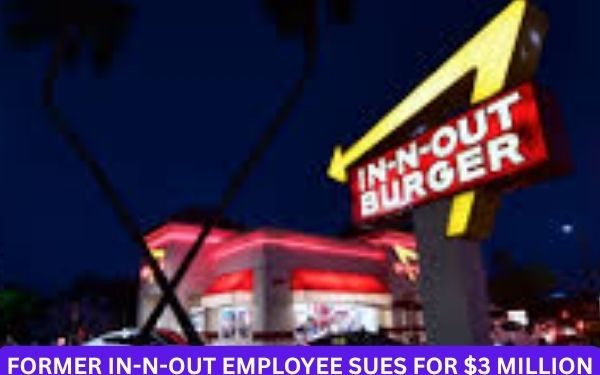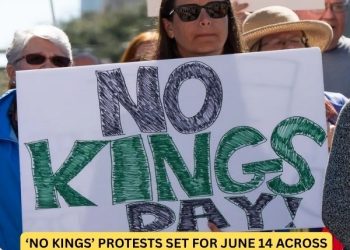Los Angeles, CA – A former In-N-Out employee is suing the popular California burger chain for $3 million, alleging racial discrimination and wrongful termination related to his hairstyle. The lawsuit, filed last week in Los Angeles County Superior Court, centers on claims that the company violated California’s CROWN Act, which bans discrimination based on natural hair and styles associated with race.
Elijah Obeng, a 21-year-old Black man, says he was unfairly targeted for his natural hair while working at the company’s Compton location, where he had been employed for nearly four years. The chain requires employees to be clean-shaven and to wear hats that fully contain their hair. As Obeng’s hair grew, he began wearing braids to comply with the policy.
Despite his efforts, managers allegedly told him repeatedly to cut or change his hair—and even demanded he shave his sideburns. Obeng viewed the request as both excessive and racially charged. He claims that when he attempted to meet the requirements while keeping elements of his cultural identity, he faced increased scrutiny, lost out on promotions, and was subjected to a more hostile work environment.
In May 2024, a supervisor allegedly ordered Obeng to go home and shave, even though he says he had no facial hair except for his sideburns, which were part of his hairstyle. The reprimand happened in front of coworkers, an experience Obeng described as humiliating. Just days later, he was fired.
In-N-Out declined to comment on the lawsuit due to ongoing litigation but stated that Obeng was let go because of documented performance issues and previous write-ups—not due to retaliation or discrimination.
Obeng’s legal team argues that this case highlights deeper issues of racial bias in workplace grooming standards, which often reflect Eurocentric norms that disproportionately impact Black employees. The CROWN Act, passed in 2019, was designed to protect against exactly this kind of discrimination.
Obeng is seeking compensation for lost wages, emotional distress, reputational damage, and punitive damages against In-N-Out. He says the ordeal caused him “anxiety, humiliation, and loss of dignity.”
The lawsuit could set an important precedent for how grooming policies are interpreted and enforced under civil rights law in California.









